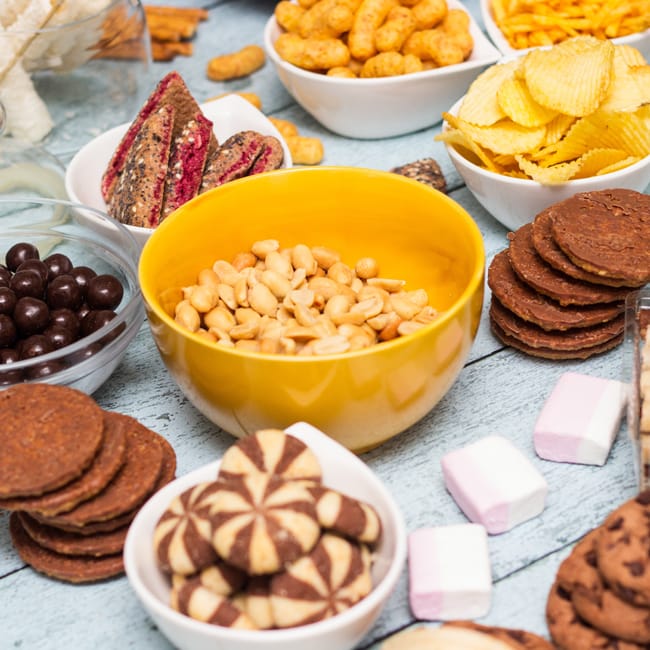Intermittent fasting has rapidly grown in popularity as a weight loss tool over the last several years, and while there is scientific evidence that this eating habit may be useful in increasing metabolism and promoting fat loss, it’s important to understand the impact this can have on your body as a whole. Fasting, while undeniably often resulting in weight loss, can be potentially harmful to the body when followed incorrectly, and many people don’t do adequate research on the topic before deciding on intermittent fasting as their weight loss diet of choice.
We spoke with registered dietitian Zoë Schroeder who broke down the possible downsides to fasting and how to do it in a healthy manner so as not to put your body at risk as you work to lose weight.


How long the fasting period should be when following the intermittent fasting eating plan is entirely up to the individual following the diet, which can make it easy to go overboard and begin to slide into starvation territory. “Fasting, whether for 16 hours daily or 48-72 hours weekly (both popular forms of intermittent fasting), can negatively impact your performance in your workouts if you are training during this period and can be dangerous,” says Schroeder.
Your body utilizes food, and more specifically calories, as energy and when you deprive it of such it can make it difficult to function at your best throughout the day. “Your body needs fuel to perform and recover optimally and if you do not have it, you are putting yourself at risk for injury or illness,” explains Schroeder. “In addition to physical performance, your brain and mental performance needs food/fuel too.”
Even when following a 16 hour fasting window this can leave you struggling with brain fog and confusion, and if you’re actively ignoring or fighting off hunger cues in a bid to stick to this eating habit it can create an unhealthy relationship with food that can make healthy weight loss more difficult.
However, for some people, fasting may come easier if they don’t experience hunger first thing in the morning, so listening to your body and feeding yourself when hungry will be a safer route to take. “If you do choose to fast, I recommend starting for a shorter period of time before going to longer fasts. Ease into it,” says Schroeder. “If you are fasting, it is important to keep hydrated and keep drinking water so you do not get dehydrated - aim for half to one ounce per pound of bodyweight daily.”

Fasting for religious reasons is one thing, but when you’re fasting for weight loss it’s important to maintain hydration during this period so your body doesn’t slip into starvation mode.
Although fasting may help you to lose weight, it doesn’t necessarily mean that it is the best and healthiest diet or eating plan to follow in order to achieve your dream body. Restriction in any form, even if it’s the time you’re allowing yourself to eat can make it more difficult to feel comfortable around food, and particularly if you’re ignoring hunger cues, fasting can lead to brain fog and a lack of energy that can generally make your day less enjoyable.
“When trying to lose weight it is important to realize that whatever is most sustainable and doable for you is what you should do,” concludes Schroeder. “ I have some clients who have told me they want to do intermittent fasting because they can stick to it better and so I help them do it in the safest way possible.”


























